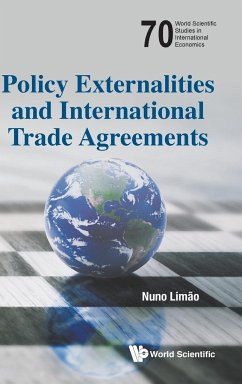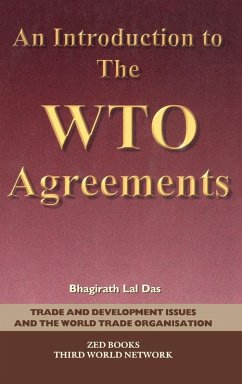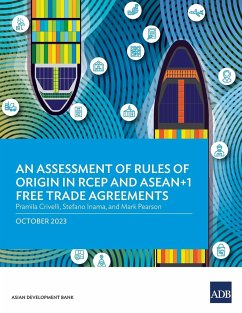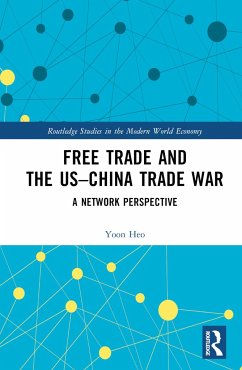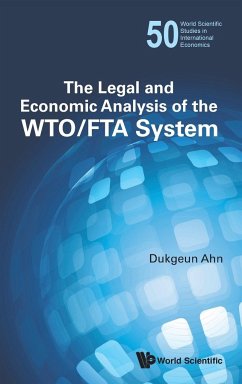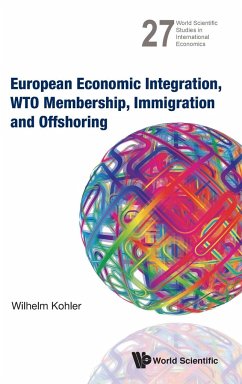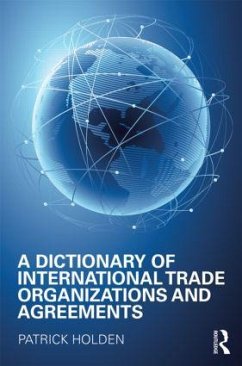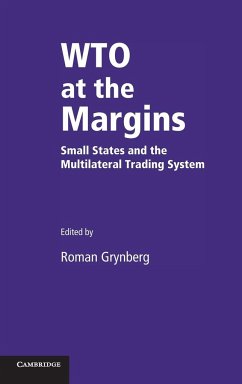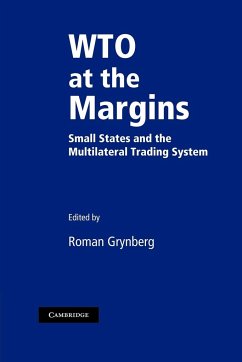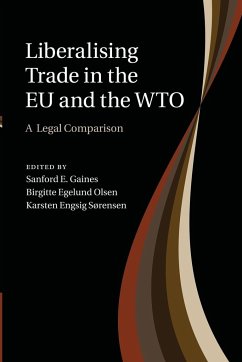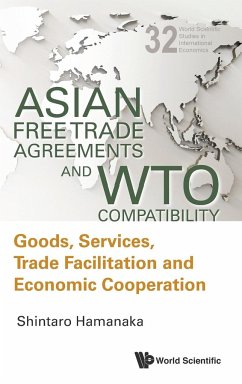
ASIAN FREE TRADE AGREEMENTS AND WTO COMPATIBILITY
Versandkostenfrei!
Versandfertig in 1-2 Wochen
103,99 €
inkl. MwSt.

PAYBACK Punkte
52 °P sammeln!
It is timely to rethink of the relationship between regionalism and multilateralism in the Asian context, given that we are witnessing the proliferation of Free Trade Agreements (FTAs) in Asia. In the 1980s and 1990s, many scholars and policymakers considered that Asian integration was market-based, rather than legal-based and Asian integration would not be legalized. Currently there are many bilateral and plurilateral FTAs in Asia. This book investigates the appropriate relationship between regionalism and multilateralism with a special reference to recent FTAs in Asia. It is undeniable that ...
It is timely to rethink of the relationship between regionalism and multilateralism in the Asian context, given that we are witnessing the proliferation of Free Trade Agreements (FTAs) in Asia. In the 1980s and 1990s, many scholars and policymakers considered that Asian integration was market-based, rather than legal-based and Asian integration would not be legalized. Currently there are many bilateral and plurilateral FTAs in Asia. This book investigates the appropriate relationship between regionalism and multilateralism with a special reference to recent FTAs in Asia. It is undeniable that the past multilateralism-regionalism debates centered on the trade in goods aspect. However, most FTAs in Asia cover several issues other than trade in goods or tariff liberalization. While GATT XXIV governs regional agreements in trade in goods, there is no or at most a thin agreement that stipulates the relationship between regionalism and multilateralism in areas other than goods. Thus, we should first carefully examine the meaning of "WTO compatible FTAs" in other than goods. The book then specifically asks the following questions: Are Asian regional agreements that cover several issues considered multilateralism-friendly? How does the relationship between regionalism and multilateralism differ between trade in goods and other issues (for example, services, trade facilitation and technical assistance)? What are the best practices that make the regional agreement multilateralism-friendly?





